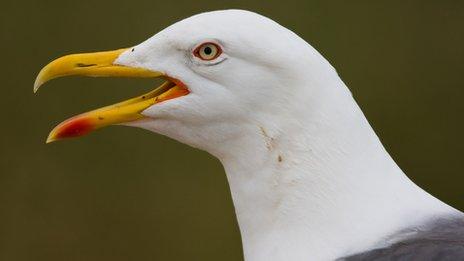Gloucester's urban gull population has risen 'inexorably' - council leader
- Published
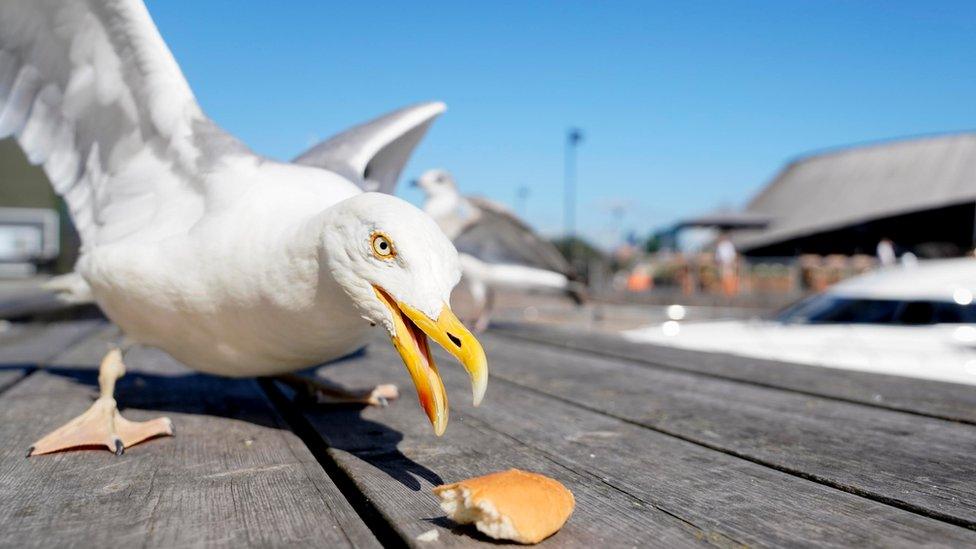
There were estimated to be about 6,000 gulls in Gloucester in 2019 when the last survey was carried out
Laws designed to protect bird populations will lead to an explosion in the number of urban gulls in Gloucester, a councillor has said.
Urban gulls have caused a nuisance to residents for decades and Gloucester City Council has worked to reduce their numbers in recent years.
But government laws introduced in 2020 have made it more difficult to tackle the issue, said leader Richard Cook.
He said the number of gulls had "risen year on year inexorably" in Gloucester.
Mr Cook said legislation aimed at protecting the birds would exacerbate the city's longstanding problem with gull, according to the Local Democracy Reporting Service (LDRS).
"Natural England believes the population of coastal birds has fallen since the 1960s and 1970s," he said.
"My issue is not with the coastal gulls, my issue is with the urban gulls in the city centre," added Mr Cook.
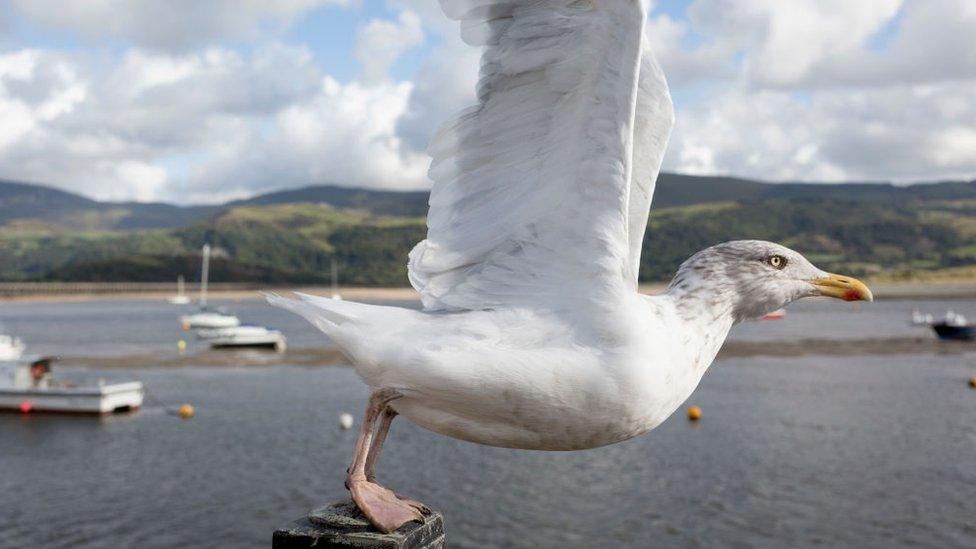
Natural England said protection measures were necessary to preserve the species
In the past, the council has used tactics including oiling eggs to prevent hatching to control the population.
There were about 6,000 gulls in the city as of 2019 but Mr Cook said the council had not been able to conduct any surveys since because they were not allowed to disturb the birds.
He said the council could apply for individual licences regarding gulls at a particular property on health and safety grounds, but that slowed the process and made controlling the population more difficult.
"If you've got 6,000 birds in the city, it's a drop in the ocean. It has no measurable effect," he added.
The government made changes to the lethal control of herring gull and lesser black-backed gull in response to a fall in breeding populations.
Natural England said it was necessary to scale back the lethal control of the species.
Its chief executive, Marian Spain, said: "I hope that by prioritising the licences we issue, we can ensure that action is taken where it's most needed while at the same time securing the long-term future of these important species."

Follow BBC West on Facebook, external, Twitter, external and Instagram, external. Send your story ideas to: bristol@bbc.co.uk , external
Related topics
- Published18 May 2022
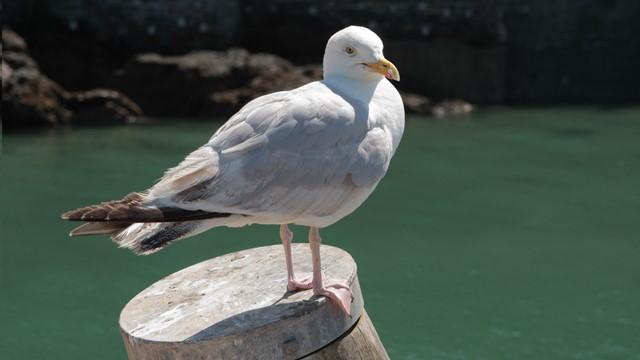
- Published9 October 2020
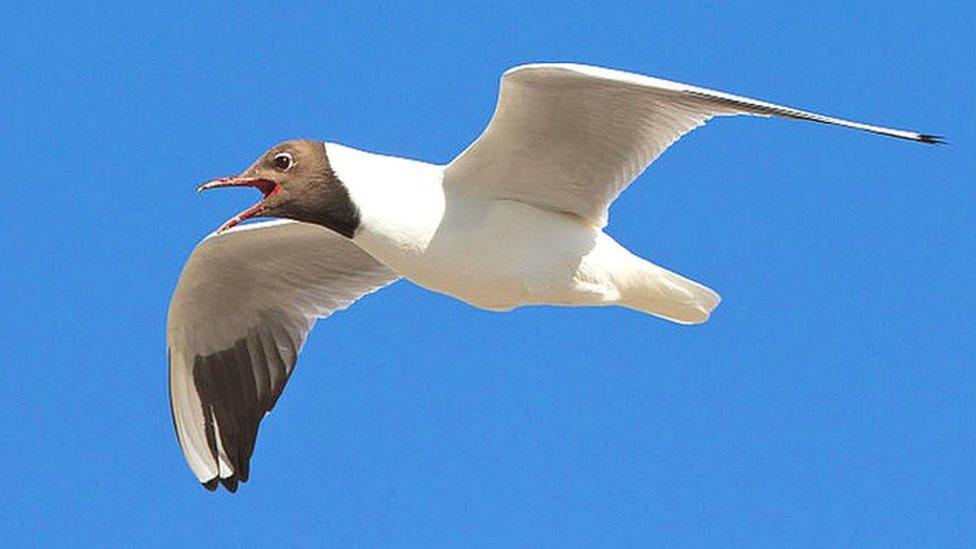
- Published17 May 2022

- Published22 August 2019
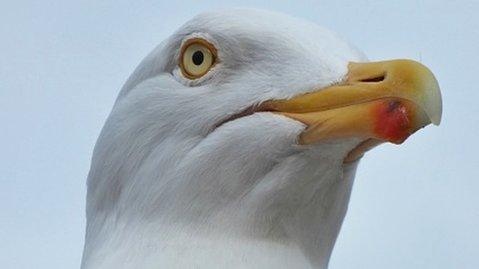
- Published29 March 2022
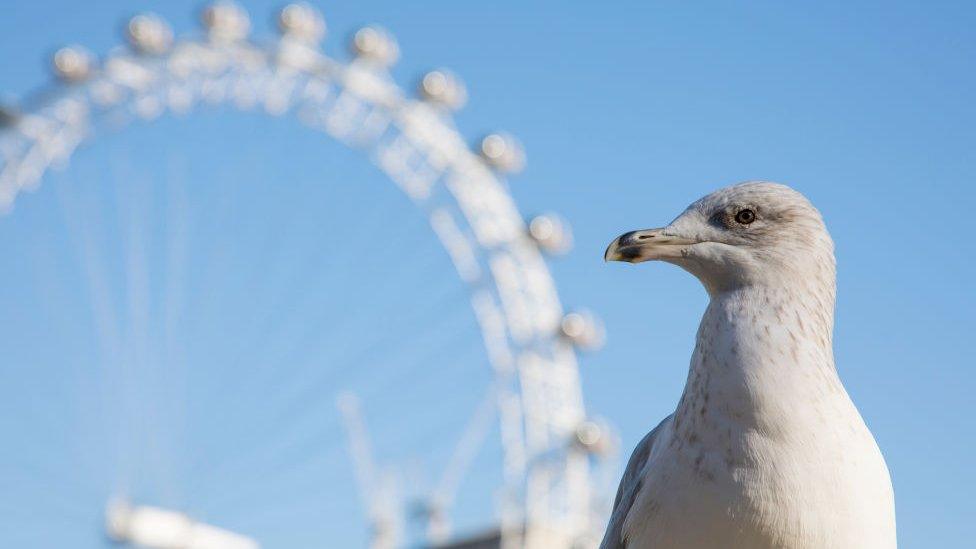
- Published2 August 2012
